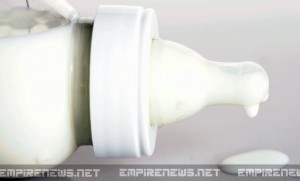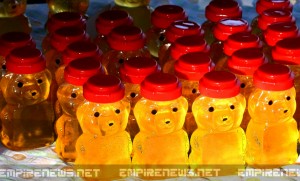There is a growing trend among health advocates and nutritional experts across the entire world, and it’s something that most people stopped drinking in infancy – human breast milk.
Until earlier this morning it has been illegal to sell or bottle breast milk for consumption, outside of normal use of mothers feeding their babies. After extensive research and testing by the USDA, the United States government has decided to give human breast milk a full license to be sold commercially in grocery stores.
John Williamson, USDA President of Public Relations and Nutritional Awareness, announced in a statement issued to multiple media outlets that all United States grocery stores will be permitted to sell human breast milk which has passed USDA requirements. “There is a growing fad throughout the nation, and indeed the world, of adults drinking human breast milk fresh from the source,” Williamson said in the statement. “We have now taken steps to insure that adults can get those same nutritional values without having to suckle the teat directly, as breast milk will be bottled and sold at retail.”
Despite the legalities of breast milk consumption and sales up to this point, the product has become synonymous with fitness advocates and body builders, who have long been purchasing the milk through black market trade.
“It is time for the United States to cash in, and sanction the overall availability of healthy, fresh, bottled human breast milk for children and adults. It is a great source of nutrition which has never before been available, and it is due time for Americans to get healthy, while beefing up our pocketbooks.” Williamson added.
In several countries it has become popular for adults to hire ‘wet nurses’ who feed the consumer directly, but Williamson states that this method is very irresponsible and the female producers of the milk need to undergo thoroughly extensive testing on a weekly basis for guaranteed safety.
“We strongly discourage adults, who are not the children of the milk provider, from feeding directly from the breasts of various women. It is not safe, and could spread disease,” said Williamson. “However, many of the top dairy providers of the U.S. have begun to take applications for breast-feeding women to begin testing on their product, a very good way for American women to make a little extra cash while helping our economy. Everybody wins!”
USDA officials say Americans can expect to see human breast milk for sale in grocery stores all across the nation within the coming months.






























